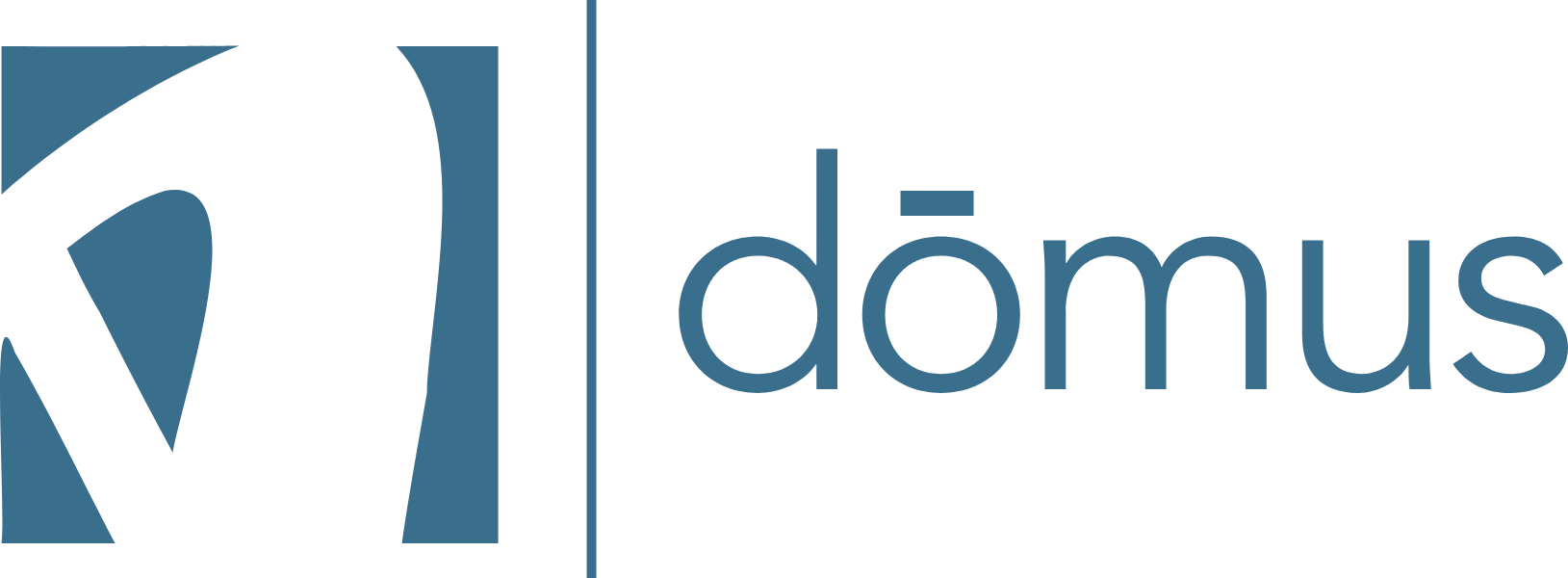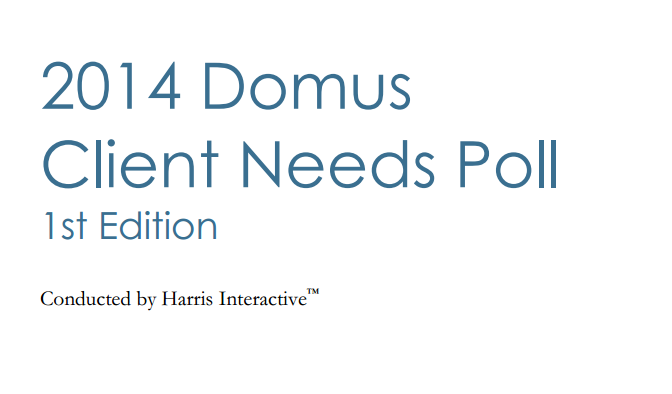Let Dying Brands Die
May 28, 2010Chevy, Chevrolet, the Internet, and Stupidity
June 10, 2010BP’s oil spill disaster in the Gulf of Mexico might be the first true national calamity to occur during the social media era. As such, exploring what BP has done and has not done, along with the unfolding consequences, offers the rest of us an illustrative case study on how best to act before, during, and after events such as these – even if on much smaller scales.
Here’s one initial observation. Prior to the spill, BP’s overall reputation was generally neutral – relatively evenly split between people who had positive, neutral, and negative opinions about them. However, since the spill opinions are strongly skewed to the negative.
Also, prior to the explosion, BP had very litle presence on major social media sites such as Facebook, Twitter, LinkedIn, etc. They did a lot of advertising (“Beyond Petroleum”), but not much engagement with the public, especially the online public.
So, whatever they have tried to do since then cannot be effective because they have no initial base of fans from which to draw help and support. As a counter example, consider what would happen if some disaster involved a company such as Starbucks. Excluding all discussions of the nature of the disaster itself, Starbucks would at least have a couple of million people with whom it has established an online relationship and who could (and would) join the discussions from an initially positive perspective.
So, one lesson to be learned is that engagement in social media is not just for ongoing brand strength; it’s also an insurance policy against unanticipated problems – even on scales much less than BP’s disaster.
Domus is a creative and digital marketing agency based in Philadelphia. We combine expertise in classic marketing, social media trends, technology, and business acumen to provide effective short- and long-term solutions for our customers’ marketing needs. For more information, please visit us at http://www.domusinc.com.



